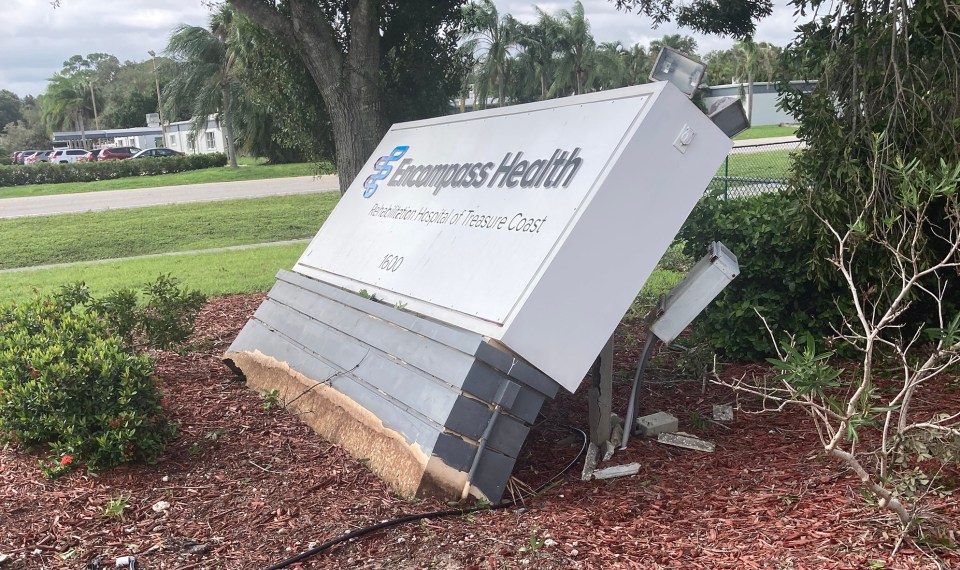Summary
Give a man a fish, he eats for a day; teach a man to fish, he eats for a lifetime. The rehabilitation team at Encompass Health Rehabilitation Hospital of Sewickley completed a clinical implementation study that embodies that motto.
Ever-increasing patient complexity and decreasing length of stay demands that we teach problem-solving strategies rather than instruct on solutions. Put simply, we need to teach our patients problem-solving techniques that work outside our hospital walls and are applicable to novel challenges our patients face at home.
What is Metacognitive Strategy Training?
One such approach—Metacognitive Strategy Training—has been pioneered by Dr. Elizabeth Skidmore at the University of Pittsburgh. Metacognitive Strategy training is a therapy approach that teaches patients self-assessment, promotes self-directed problem solving and encourages error-based learning. Strategy training relies on therapists to guide patients through self-discovery while practicing meaningful and salient everyday tasks. In previously published works, patients who were trained on strategy made similar functional gain, and perhaps most exciting, continued to demonstrate increasing gains in the months following discharge compared to those who received standard care. Strategy training allows therapists to equip our patients with tools—rather than just skills—to tackle problems they face in the real world.
Putting Research into Practice
To date, Skidmore’s research on strategy training occurred as an addition to standard care in controlled settings. Therapists and researchers alike can agree that research in laboratories and universities is only as useful as its ability to translate into real-world hospital rooms and therapy gyms.
Closing this “know-do” gap through knowledge translation, as the World Health Organization states, is a primary goal of the research study. Skidmore and her team at the University of Pittsburgh partnered with Encompass Health Sewickley to study strategy training embedded into inpatient rehabilitation for the first time.
How the Study Worked
The study aimed to assess if it is feasible to embed this strategy in usual care while maintaining fidelity to the intervention. Over the course of six months, 30-40 patients with a wide variety of diagnoses (BI, CVA, MS, CP) agreed to participate in the study.
Skidmore and her team at the University of Pittsburgh collected data on patient demographics, patient satisfaction, patient function over time and therapist confidence in implementing strategy training. Patient-therapist interactions videotaped at Encompass Health Sewickley were collected and analyzed. Interviews with therapists were conducted to reflect on the barriers and facilitators of strategy training.
Embedding Strategy into the Workflow
Following a month of training from the University of Pittsburgh team, a team of Encompass Health Sewickley therapists—a occupational therapist, physical therapist and speech therapist—embedded strategy training into their typical workflow of inpatient rehabilitation.
Each new patient on the caseload was administered the Activity Card Sort and the hospital developed patient-centered goal setting worksheets. Patients picked an activity to work on each session, (i.e. fishing, grocery shopping, going to church) and the therapist guided them through the metacognitive strategy of “goal, plan, do, check.”
This process occurred daily across all disciplines for their entire length of stay. Activities could be practiced iteratively across several days and across all disciplines, focusing on the metacognitive strategy rather than on the activity itself. The goal was to promote self-driven problem solving and generalization to all meaningful activities.
We look forward to being able to share our results of our research soon. Until then, we would like to share with you just a few of the qualitative takeaways.
Learning and implementing strategy training has been transformative to how we provide daily care at Encompass Health Sewickley. It has invigorated our practice, refocused our attention to function and occupation and helped us to engage our patients actively in their rehabilitation.
The content of this site is for informational purposes only and should not be taken as professional medical advice. Always seek the advice of your physician or other qualified healthcare provider with any questions you may have regarding any medical conditions or treatments.



